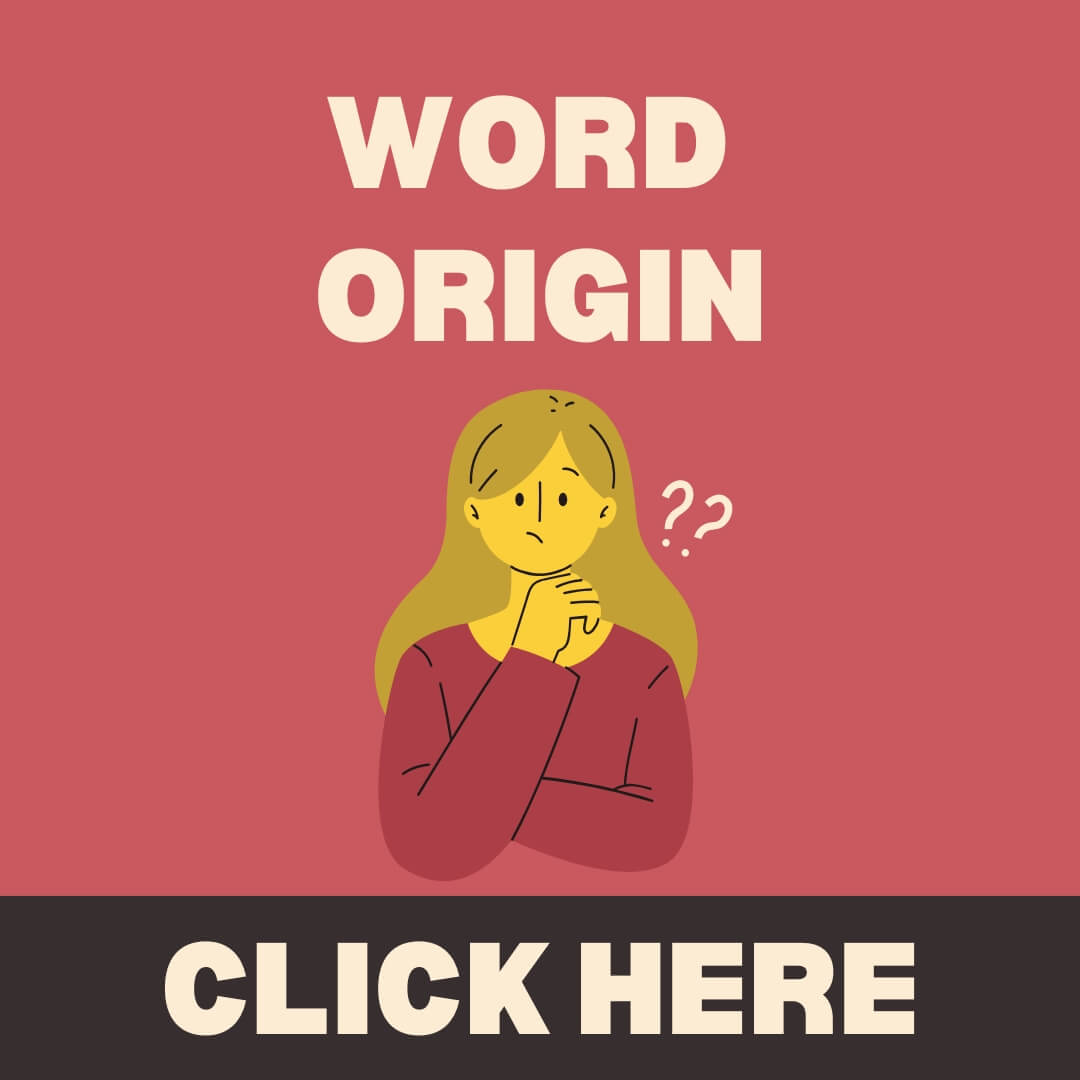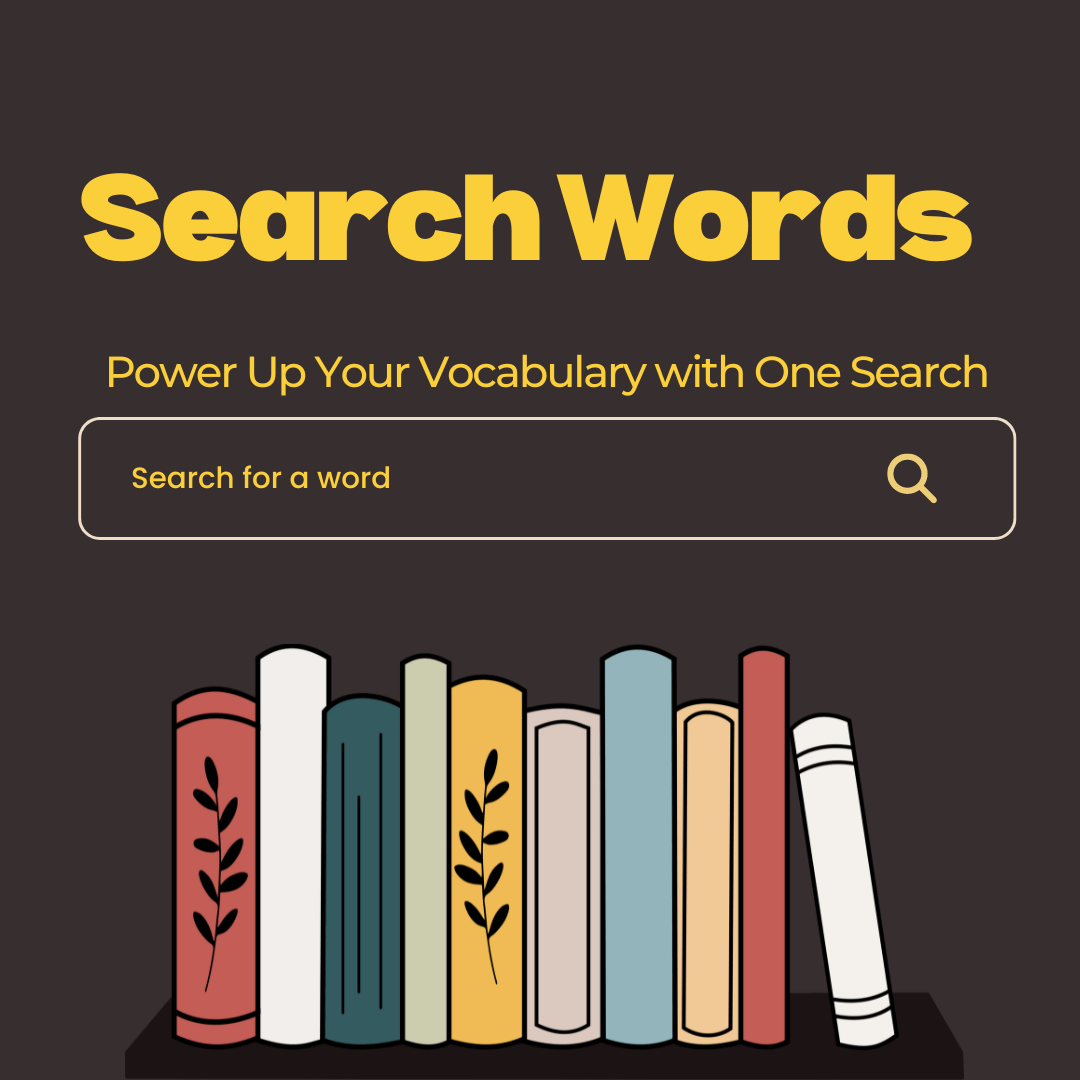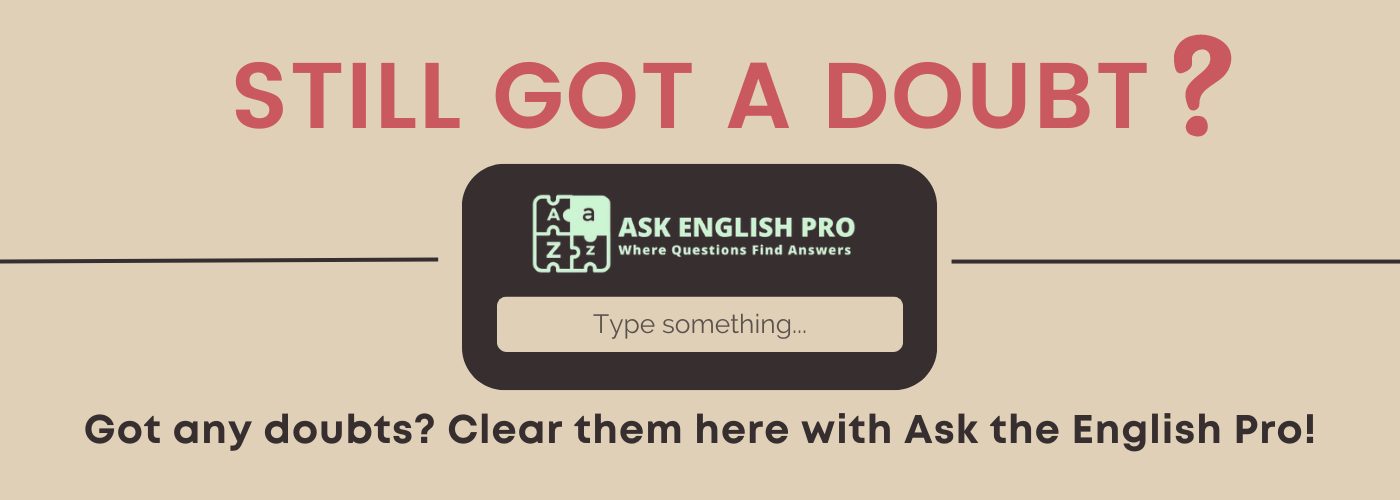Detailed Article for the Word “Euthanasia”
What is Euthanasia: Introduction
“Euthanasia” evokes complex, profound questions about compassion, autonomy, and ethics in human care. Often termed “mercy killing,” euthanasia involves intentionally ending a life to relieve suffering, usually from incurable illness or extreme pain. Like a double-edged sword, this act can be viewed both as an expression of compassion and a moral dilemma, stirring intense debates worldwide. In an era where medical advancements extend life but cannot always alleviate suffering, euthanasia remains a powerful and sensitive topic with deep implications for individuals and societies.
Origin and History of the Word Euthanasia
The word “euthanasia” comes from the Greek roots “eu” (good or well) and “thanatos” (death), together meaning “good death.” The concept has existed for centuries, with ancient philosophers like Socrates and Plato discussing dignified death in certain contexts. Euthanasia entered English in the early 17th century, initially referring broadly to a “good death.” In the 19th and 20th centuries, euthanasia became more narrowly defined as intentionally ending life to alleviate suffering. Since then, debates about its legality, ethics, and implementation have spanned legal, medical, and religious communities, reflecting its profound ethical complexity.
Meaning and Definition of Euthanasia
Euthanasia (noun):
- The practice of intentionally ending a life to relieve pain or suffering, often in cases of terminal illness
- Medically, a procedure involving active or passive intervention to end life with the intent to alleviate severe distress
- (Ethics) A controversial act involving considerations of personal autonomy, compassion, and moral philosophy
Usage note: Euthanasia is often discussed in legal and medical contexts, distinguishing between “voluntary” (at the patient’s request) and “involuntary” (without explicit consent).
How to Pronounce Euthanasia
yoo-thuh-NAY-zhuh
How to Remember Euthanasia: Memory Tips
To remember “euthanasia,” think of “eu” (good) + “thanatos” (death), or “a good or painless death.” Picture someone gently holding another’s hand as they receive compassionate care in their final moments, embodying a “good death” in the face of suffering. Another tip is to link “euthanasia” with “euphoria,” as both contain “eu,” suggesting a form of relief, albeit in different ways.
Euthanasia in a Sentence: Examples and Usage
- Medical: The doctor discussed euthanasia with the patient’s family, who wanted to understand their options for end-of-life care.
- Legal: In some countries, euthanasia is permitted under strict regulations to ensure the patient’s informed consent.
- Philosophical: Euthanasia raises profound questions about the value of life and personal autonomy.
- Historical: Ancient philosophers, including Plato, debated euthanasia in the context of dignified death.
- Ethical: Many consider euthanasia an ethical dilemma, balancing compassion with respect for life.
- Literary: In her novel, the author portrayed a character grappling with the moral complexities of euthanasia for a loved one.
- Social: Public opinion on euthanasia is deeply divided, with passionate advocates and opponents on both sides.
Difficulty Level of Using Euthanasia
Advanced:
- Common in medical, ethical, and legal discussions
- Complex and sensitive topic requiring careful handling
- Often associated with controversial moral implications
Modern Usage of Euthanasia in Contemporary Context
In today’s society, euthanasia is at the center of heated discussions in medicine, law, and ethics. Several countries, such as the Netherlands, Belgium, and Canada, have legalized certain forms of euthanasia under strict conditions, emphasizing voluntary consent, terminal illness, and unbearable suffering. By contrast, other nations uphold strict prohibitions, reflecting cultural, religious, and ethical opposition to the practice.
Advancements in palliative care and pain management have added complexity to these discussions, providing alternatives to euthanasia while also raising questions about quality of life and patient autonomy. Public opinion is divided, with some viewing euthanasia as a compassionate option, while others fear potential abuses or the erosion of respect for life. Social media has amplified these debates, with advocacy groups, families, and medical professionals sharing personal stories that highlight both the relief and moral weight associated with euthanasia. As medical capabilities evolve, so does the ethical landscape, challenging societies to balance compassion, autonomy, and the sanctity of life.




















euthanasia can be remembered as “USE Anesthasia” .Excess use of anesthasia leads to death without pain.
Can be best understood by movie guzarish..